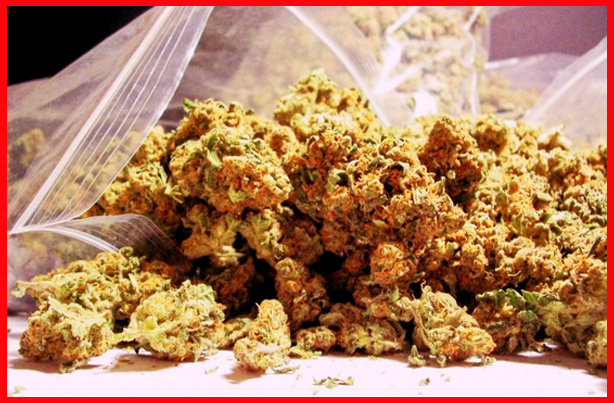
Researchers from the University of Texas have found no increase in crime in states that have legalized medical marijuana. In fact, it may be “related to reductions in the rates of homicide and assault.” Researchers expected to find an increase in crimes related to burglaries of large amounts of cash held at medical marijuana dispensaries which cannot use banks due to federal laws.
Robert G. Morris, Michael TenEyck, J. C. Barnes, and Tomislav V. Kovandzic publishd The Effect of Medical Marijuana Laws on Crime: Evidence from State Panel Data, 1990-2006 in the peer reviewed journal PLOS one.
The central finding gleaned from the present study was that MML is not predictive of higher crime rates and may be related to reductions in rates of homicide and assault. Interestingly, robbery and burglary rates were unaffected by medicinal marijuana legislation, which runs counter to the claim that dispensaries and grow houses lead to an increase in victimization due to the opportunity structures linked to the amount of drugs and cash that are present. Although, this is in line with prior research suggesting that medical marijuana dispensaries may actually reduce crime in the immediate vicinity [8].
In sum, these findings run counter to arguments suggesting the legalization of marijuana for medical purposes poses a danger to public health in terms of exposure to violent crime and property crimes. To be sure, medical marijuana laws were not found to have a crime exacerbating effect on any of the seven crime types. On the contrary, our findings indicated that MML precedes a reduction in homicide and assault. While it is important to remain cautious when interpreting these findings as evidence that MML reduces crime, these results do fall in line with recent evidence [29] and they conform to the longstanding notion that marijuana legalization may lead to a reduction in alcohol use due to individuals substituting marijuana for alcohol [see generally 29, 30]. Given the relationship between alcohol and violent crime [31], it may turn out that substituting marijuana for alcohol leads to minor reductions in violent crimes that can be detected at the state level. That said, it also remains possible that these associations are statistical artifacts (recall that only the homicide effect holds up when a Bonferroni correction is made).
…Perhaps the more likely explanation of the current findings is that MML laws reflect behaviors and attitudes that have been established in the local communities. If these attitudes and behaviors reflect a more tolerant approach to one another’s personal rights, we are unlikely to expect an increase in crime and might even anticipate a slight reduction in personal crimes.
What the authors appear to saying is that the states that have legalized marijuana are already a classier group of people who are “more tolerant approach to one another’s personal rights,” to begin with.
Alcohol use, on the other hand, is associated with an increase in violent behavior. A study published somewhere in my archives last year found a significant reduction in criminal behavior in teenagers after criminal penalties for possession of marijuana were reduced or eliminated.
Last year, over 800,000 were arrested for marijuana related offenses which is ridiculous. We ought to decriminalize marijuana and end this fiasco. Children and teenagers should not do it because their brains are still developing, with the exception of medical conditions such as seizure disorders.
About 20% of our population apparently will develop addiction issues with whatever they use. These people should be treated with our health care, mental health, and social service systems, not criminal justices systems unless they commit other crimes.
